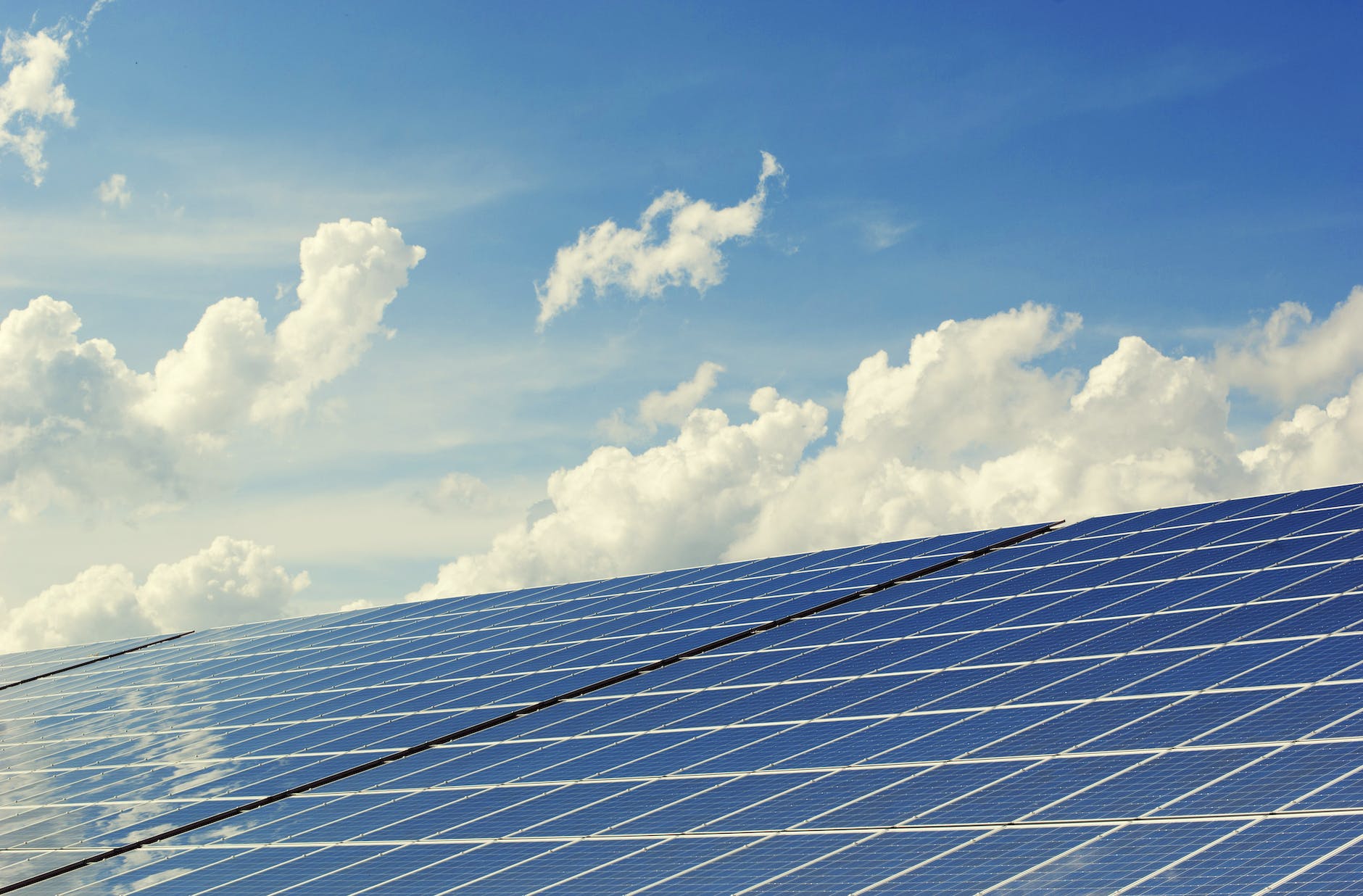Economic growth and environmental issues have always had a complex relationship. As CSR becomes more and more important in all companies, reconciling sustainable development and economics is no longer an option.
Are economic development and environmental protection compatible today?
It is not easy to reconcile economic development and environmental issues. But the question of feasibility is no longer posed in the same terms, given the urgency of truly sustainable development. The economic model chosen by our societies, with mass consumption, has an increasingly large footprint on all resources, natural environments and ecosystems.
Today, as highlighted by Gaël Giraud (Chief Economist and Executive Director of AFD) in his video for the city of economy, “the international community understands economic development in the form of the Sustainable Development Goals (SDGs), which all UN countries agreed to in September 2015.”
17 objectives to save the world which are as follows:
At the company level, sustainable economic growth necessarily implies both the integration of environmental concerns into the overall strategy and also the adaptation of the production process and organization towards greater efficiency and energy sobriety (green mobility for example).
Encouraging green growth and responding to environmental challenges through innovation may seem to be the way to reconcile economic development with ecological constraints.
Green economy: the development of the environmental issue in the current economy
What is the green economy? In 2011, the United Nations Development Programme – UNDP – defined green growth as “an economy that generates improved human well-being and social justice, while significantly reducing environmental risks and resource scarcity“.
But beware, the Green Economy is not only environmental. It is also social.
Improving the well-being of employees and their health and safety conditions, the green economy combines environmental protection, technical innovation, employee motivation, social cohesion, efficiency and quality of life at work.
And it is here that the green economy fully joins the CSR of companies, a concept increasingly implemented within companies.
CSR and sustainable development: when the environmental issue comes into the company
CSR is “the company’s commitment to sustainable development, through economically viable practices that respect the environment and have a positive social impact”.
CSR has become so important in business that it now includes a legal component. Indeed, companies listed on the stock exchange and companies with more than 500 employees or generating a turnover of more than 100 million euros are obliged to provide annual “extra financial reporting”, also called “CSR reporting”.
A CSR reporting which consists in the publication of information related to 3 themes:
- the social,
- environmental,
- commitments to sustainable development.
How to concretely apply the environmental issue in the economic development of your company?
Today, we can talk about growth, while talking about sobriety or satiety. With business objectives no longer focused solely on the number of sales, but also on quality, sustainability and recyclability. It is becoming essential to rationalize our purchases in order to guarantee slower, less brutal and above all more sustainable growth.
What are the tangible weapons of today’s entrepreneur to be able to act sustainably in his company, in terms of the environmental issue? Here are some ideas for concrete actions that can be easily implemented:
- Encourage carpooling and “soft” transportation
- Limit the carbon footprint of food waste by using organizations that recover unsold food
- Educate employees on how to optimize email sending (e.g. avoid large attachments)
- Reduce unnecessary energy consumption (lights on the premises at night, appliances on standby, etc.)
- Favoring telecommuting, offsite and collaborative workplaces such as company hotels (according to ADEME, each day of telecommuting per week, combined with a reduction in real estate, would reduce the company’s carbon footprint by 234 kg CO2eq per year and per employee).
- Think about paper reuse and the circular economy
- Choose organic / local products for coffee, tea, lunches…
- Encourage the use of durable cups (such as eco-cups) and eliminate all disposable cups
- Create waste recycling challenges with your employees


